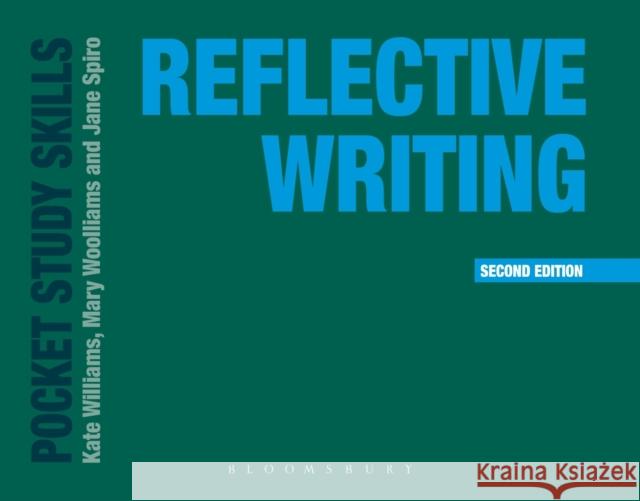Reflective Writing » książka
topmenu
Reflective Writing
ISBN-13: 9781352010084 / Angielski / Miękka / 2020 / 136 str.
Kategorie:
Kategorie BISAC:
Wydawca:
Bloomsbury Publishing PLC
Seria wydawnicza:
Język:
Angielski
ISBN-13:
9781352010084
Rok wydania:
2020
Wydanie:
2020
Numer serii:
000412021
Ilość stron:
136
Waga:
0.09 kg
Wymiary:
19.43 x 11.25 x 0.86
Oprawa:
Miękka
Wolumenów:
01
Dodatkowe informacje:
Komentarz
Bibliografia
Bibliografia











